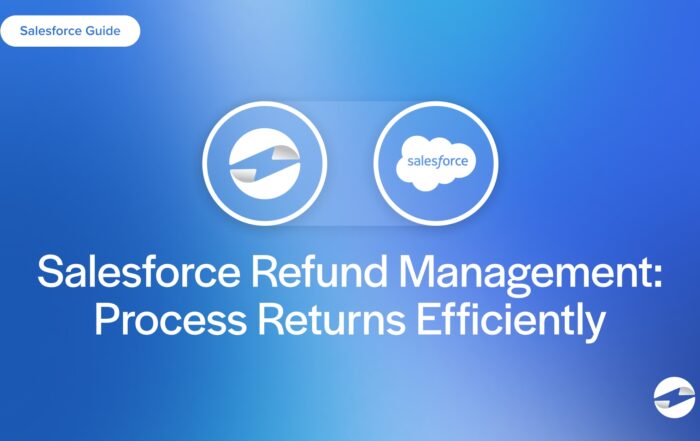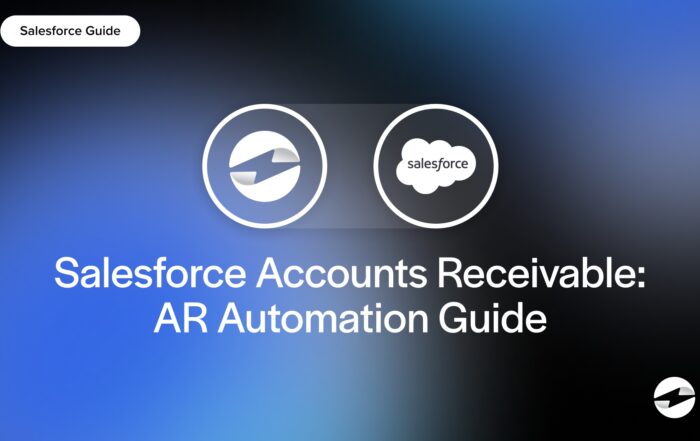What is tokenization?
Tokenization is a security process that replaces sensitive payment data, such as credit card numbers, with a unique, randomly generated token. This token has no exploitable value and serves as a stand-in for the original data during transactions.
When a customer enters their credit card details on an eCommerce website, tokenization ensures that the actual card number is never stored. Instead, a random token (e.g., 4321-56XT-89A1) is generated and used for future transactions, making it useless to hackers even if intercepted.
Key Points
- Tokenization replaces sensitive payment data like credit card numbers with random tokens that have no exploitable value.
- It protects customer information by storing only tokens instead of actual card details, reducing the risk in the event of data breaches.
- Unlike encryption, tokenization is irreversible without a secure token vault.
How does tokenization work?
- Customer Enters Payment Details – A buyer provides their credit card information during checkout.
- Tokenization Occurs – The payment processor or gateway replaces the card number with a unique token.
- Token Is Stored, Not the Card Number – The merchant saves only the token, not the actual card data.
- Secure Transactions – When the customer returns, the stored token can be used to process new payments without exposing real card details.
This process ensures businesses never store the actual credit card numbers, reducing the risk in the event of a data breach.
Tokenization example
Imagine a subscription-based gym that bills members every month. Instead of keeping customers’ real credit card numbers on file, the gym’s payment processor tokenizes each card.
- Original Card Number: 4111-1111-1111-1111
- Tokenized Version: TKN-98765-4321-ZXQ
Each time the gym charges a member, it uses the token rather than the real credit card number. This keeps customer data safe even if the gym’s database is compromised.
Card tokenization failure
Although tokenization enhances security, failures can still occur due to:
- Expired Tokens – Some tokens are only valid for a limited time.
- Merchant Misconfiguration – Transactions may fail if a merchant improperly integrates a tokenization system.
- Network Issues – Communication errors between the payment processor and gateway can prevent token validation.
For example, if an online retailer’s system fails to retrieve a stored token correctly, returning customers may have to re-enter their card details, causing frustration and abandoned carts.
Tokenization vs. encryption
While both tokenization and encryption protect payment data, they work differently:
| Features | Tokenization | Encryption |
|---|---|---|
| Data Protection | Replaces card data with a token | Scrambles data into a coded format |
| Reversibility | Cannot be reversed without token vault | Can be decrypted with a key |
| Storage | No sensitive data stored | Encrypted data still stored |
| Use Case | Payment processing, recurring billing | Secure email, file storage, entire databases |
Example:
- Encryption is like locking a diary with a key—the data is still there, just scrambled.
- Tokenization is like replacing a Social Security Number with a random ID. There’s no way to get back to the original without access to a secure database.
Tokenization vs. data masking
Both techniques obscure sensitive data, but their purpose differs:
| Feature | Tokenization | Data Masking |
|---|---|---|
| Goal | Secure transactions | Hide sensitive data from employees/users |
| Storage | Token replaces actual data | Original data remains, but hidden |
| Reversibility | Not reversible without token vault | Can sometimes be unmasked |
| Example | Payment processing | Displaying only last four digits of a card |
A call center may use data masking to show only the last four digits of a customer’s credit card (–****-1234) when agents pull up an account. Even though the number is hidden the orignal data is still stored within the system making it vulnerable if accessed. Tokenization ensures the actual card number is never stored. It removes the sensitive data entirely and replaces the data with an irreversible token. Tokenization is generally more secure than masking.
Tokenization is an important security measure in payment processing. It reduces the risk of fraud while making transactions seamless. By replacing sensitive card details with secure tokens businesses can protect customer information and offer safer transactions.
You May Also Like
Read More
Read More
Read More



